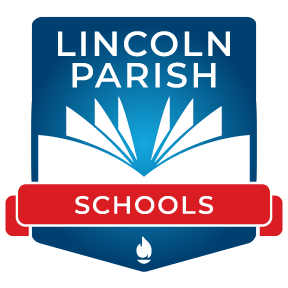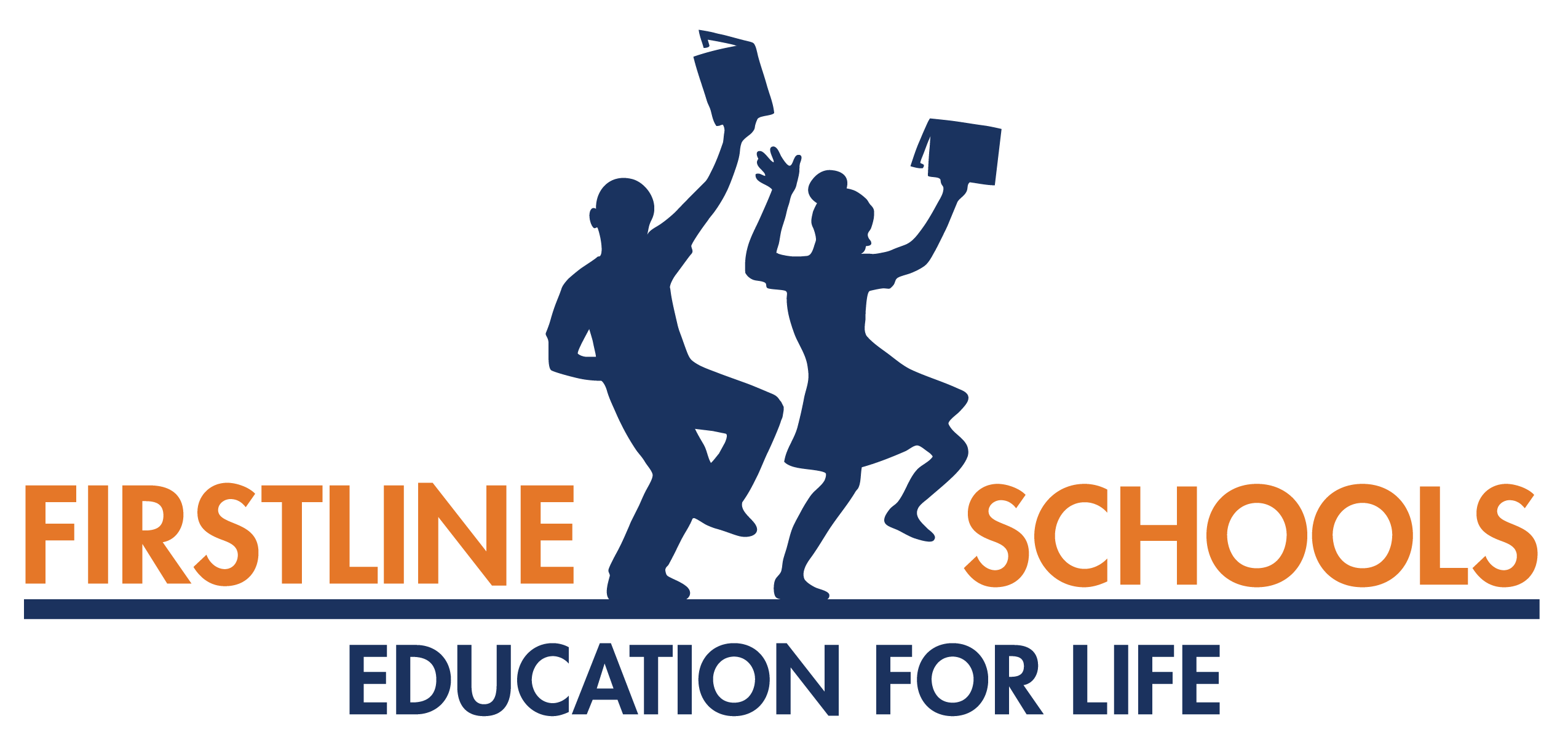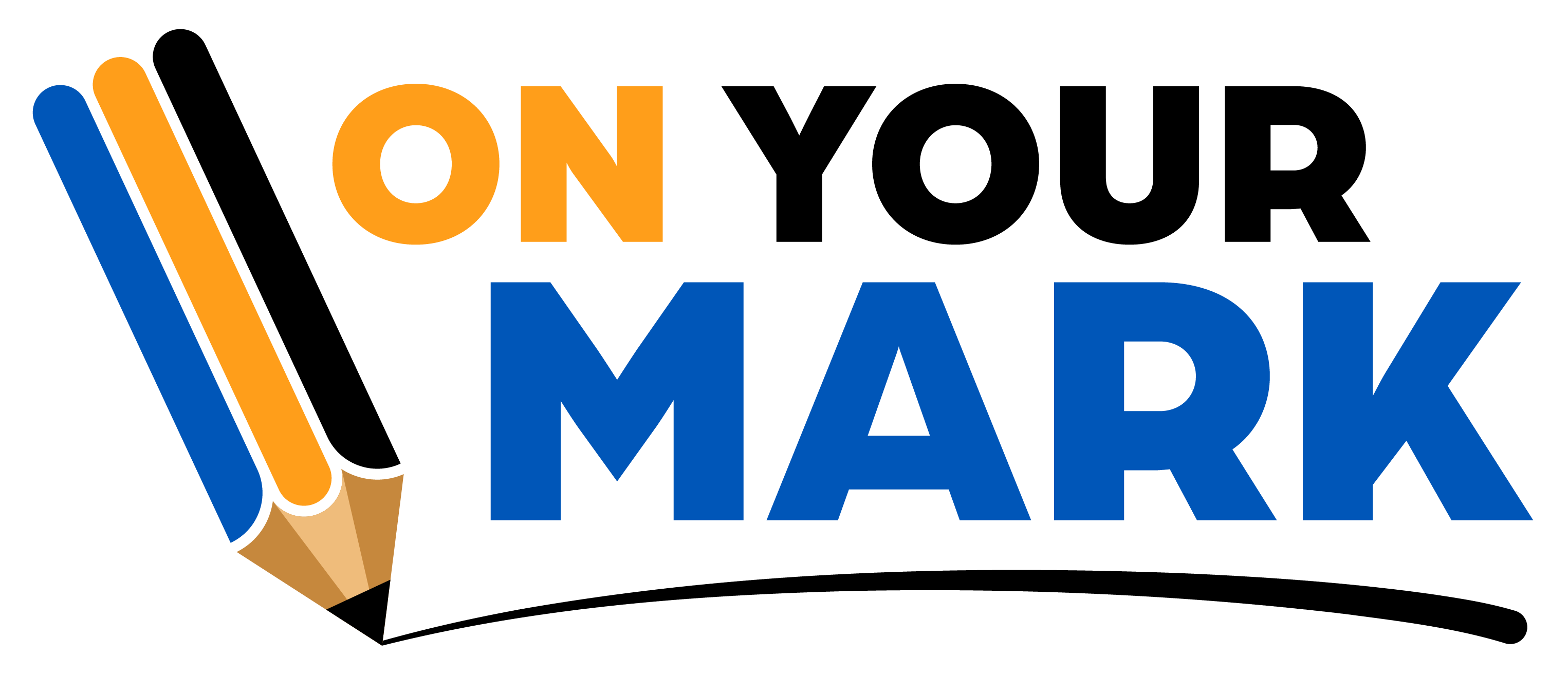Why High Impact Tutoring?
Also known as high-dose or high-dosage tutoring, this powerful and research-backed literacy intervention is part of the MTSS framework.
Critical Support
Ensuring all students can read by 3rd grade is crucial for their ability to read to learn, laying the foundation for future academic success.
Significant ROI
High-impact tutoring is proven to offer long-term benefits that far exceed the initial costs.
Transformative Results
High-impact tutoring is proven to accelerate learning, close gaps, and boost student confidence.
High-Impact Tutoring in Your State
- Indiana
- Louisiana
- Massachusetts
- Oregon
- Texas (New!)
We're updating this list all the time!
Don't see your state? Keep reading for applicable insights.
Read more about each here.
Provide Critical Support
Students are still recovering from pandemic-related learning loss. And there will always be a need to support students with learning differences, English language learners, and all students furthest from opportunities. Maintaining current levels of support is key to overcoming that challenge and seeing continued growth.
Ensuring all students can read by 3rd grade is crucial for their ability to read to learn, laying the foundation for future academic success.
Significant ROI
High-impact tutoring offers long-term benefits that far exceed the initial costs.
Studies show it can add weeks or months of extra learning, especially in key areas like 3rd-grade reading. This helps boost graduation rates and avoids the high costs of student dropout, estimated at $45,000 per student. By closing learning gaps early, schools can reduce the need for costly interventions like special education and better prepare students for future success.
Transformative Results
- OnYourMark tutoring provided 24 extra days of learning in letter sounds for kindergarteners and 51 days in word decoding for 1st graders.
- Students assigned to receive OnYourMark tutoring improved significantly more than students assigned to the business-as-usual control group.
Contents
The State of Reading in the U.S.
The 2024 NAEP Report Card reveals a national emergency in literacy.
- 4th-grade reading scores fell 5 points since 2019—the steepest decline in 30 years.
- Declines spanned all student groups: Scores dropped for lower- (10th/25th percentiles) and middle-performing (50th/75th percentiles) students.
- Stagnant long-term growth: Average scores have remained unchanged since 1992.
Jill Barshay, founding editor and writer of the blog Education By the Numbers and a senior reporter at The Hechinger Report, explains the situation perfectly:
My best analogy is a cross-country road trip. Imagine that students were traveling at 55 miles an hour, ran out of gas and started walking instead. According to the NWEA report, now they’re back in their cars and humming along again at 55 miles an hour. Some are traveling at 60 miles an hour, catching up slightly, but they’re still far away from the destination that they would have reached if they hadn’t run out of gas.
It’s this distance from the destination that educators are describing when they talk about learning loss. Some people like to call this problem “missed learning” or “lost learning.”
Source: PROOF POINTS: Six puzzling questions from the disastrous NAEP results | Hechinger Report
This is why the NAEP scores matter. They are a call to action.
High-impact (also known as “high-dose” or “high-dosage”) tutoring is the accelerator schools need to “catch up”—i.e., close literacy gaps—and ensure every student reaches their destination.
High-impact tutoring (HIT):
- Closes gaps faster than classroom instruction alone
- Personalizes learning using real-time data
- Aligns with MTSS frameworks
And, it’s aligned with state-funded initiatives designed to elevate student achievement.
Federal Funding Opportunities
Individuals with Disabilities Education Act (IDEA)
IDEA funds can support specialized tutoring aligned with Individualized Education Plans (IEPs) to help students with disabilities access the curriculum and achieve their academic goals.
- Tutoring can also benefit students who need extra help, even those without IEPs. This inclusive approach ensures that all students have the opportunity to succeed.
- IDEA funds can be used for tutoring delivered in various settings, including general education classrooms, and by a variety of trained staff.
- Schools can combine IDEA funds with other funding sources, like Title I or Title III, to create comprehensive tutoring programs that serve both students with disabilities and those in the general education population.
Sources: U.S. Department of Education IDEA Website, National Student Support Accelerator Website
Title I
Title I has traditionally been a stable, long-term federal funding source for K-12 schools. Title I, Part A of the Elementary and Secondary Education Act (ESEA), and amended by the Every Student Succeeds Act (ESSA), provides financial assistance to schools. These funds are designated to support programming that helps all students meet state academic standards.
High-impact tutoring is a proven use of Title I dollars because it:
- Supplements classroom instruction with frequent, data-driven sessions for students most at risk of falling behind (e.g., those reading below grade level).
- Prioritizes schools with the highest populations of students furthest from opportunity.
- Fits flexible funding rules, including in-school, after-school, or summer programs led by trained tutors or partner organizations.
Schools can use Title I funds to:
- Contract with tutoring organizations/vendors
- Train staff to deliver literacy interventions aligned with evidence-based practices.
- Purchase materials (e.g., decodable texts, progress monitoring tools).
- Combine Title I with Title III or IDEA funds to serve broader student groups.
Key compliance notes:
- Programs must be evidence-based (e.g., randomized controlled trials showing literacy gains).
- Services must supplement, not replace, core classroom instruction.
- Schools must monitor and report student outcomes tied to funding.
Title III
Title III provides federal funds to support English learners (ELs) and immigrant students, with a focus on improving language proficiency and academic achievement.
High-impact tutoring aligns with Title III goals when programs:
- Target language development (e.g., reading, writing, speaking) alongside grade-level content.
- Use evidence-based strategies tailored to ELs, such as bilingual instruction or scaffolding academic vocabulary.
- Supplement classroom learning without replacing core English Language Development (ELD) programs.
Schools can use Title III funds to:
- Partner with organizations specializing in language acquisition.
- Provide small-group or 1:1 tutoring during/after school, focusing on literacy skills and English fluency.
- Purchase multilingual materials (e.g., bilingual books, translation tools) or technology for language practice.
- Train classroom teachers to collaborate with tutors on scaffolding grade-level content for ELs.
- Combine Title III with Title I or IDEA funds to maximize impact.
Key compliance notes:
- Programs must align with state English Language Proficiency (ELP) standards.
- Services must supplement, not replace, existing ELD instruction.
- Schools must assess progress in language growth (e.g., WIDA scores) and academic outcomes.
Source: U.S. Department of Education Title III Guidance
Title III offers a dedicated funding stream to address pandemic-related language and literacy gaps—especially critical for early readers developing foundational skills in two languages.

State Funding Opportunities
Funding in Your State
General State Guidelines
| State Education Agency (SEA) Websites | Legislative Updates | State Budget Documents |
| Start with your state's Department of Education website, which is the most reliable source for grants and funding opportunities related to tutoring and early literacy. | Keep an eye on your state's legislative website for bills regarding education funding, tutoring, or literacy programs, as these can reveal new or upcoming funding sources. | Review your state's budget to identify any allocations for tutoring or literacy initiatives. These documents are usually available on the state government website. |
National Organizations

- The National Student Support Accelerator provides up-to-date information.
- Education Commission of the States (ECS): Tracks state policy trends in education, including tutoring.
- The Education Trust: Advocates for educational equity and highlights state-level funding disparities and opportunities.
Accelerate Grants
The non-profit organization Accelerate offers competitive funding for high-dosage tutoring programs to improve student outcomes, particularly for historically underserved communities.
Accelerate offers different types of grants, including:
- Innovation Grants: For scalable tutoring models looking to establish preliminary evidence of program impact.
- Promise Grants: For scalable, established tutoring models with prior evidence of positive student outcomes.
- Adoption Grants: For scalable, established tutoring models with prior evidence of causal program impact.
Two programs in particular stand out as resources to fund high-dosage tutoring programs: the "Call to Effective Action" (CEA) and "States Leading Recovery" (SLR).
| Call to Effective Action (CEA) | States Leading Recovery (SLR) |
| This program supports organizations providing tutoring during the school day, focusing on developing and scaling research-backed models. | This program provides states with funding and expert support to strategically leverage and scale high-dosage tutoring to address statewide academic gaps. |
More State-Specific Considerations
- Local Advocacy Groups: Connect with state-based organizations focused on education or literacy for insights into local funding opportunities and advocacy support for your school's needs.
- Networking: Contact other schools or districts in your state to learn from their experiences with state funding and gather helpful tips.
- Contact Your SEA: If online resources are insufficient, contact your State Education Agency directly for guidance on available funding resources.
Every Student Succeeds Act (ESSA)
Schools can leverage operational budgets and ESSA funds to provide tutoring services, ensuring students' academic needs are met. ESSA funds—including Title I, III, and IV—can be reallocated to prioritize high-dosage tutoring.
LEAs can use ESEA title dollars to fund high-dosage tutoring expenses.
ESSA Allowable Expenses
- Title I, Part A: Schools may use these funds for direct student services, including high-quality academic tutoring as part of a personalized learning approach.
- Title I, Part C: Migrant education funds can support tutoring to help migrant students improve academically.
- Title I, Part D: Funds can be used to help children and youth reentering school from correctional facilities through tutoring to meet state standards and complete their education.
- Title I, Section 1003g (School Improvement Grants): Schools receiving these grants can use funds for tutoring programs that support high-needs populations.
- Title III, Part A: Districts can allocate these funds for tutoring aimed at improving instruction for English learners.
- Title IV: Funds can be used for:
- Well-rounded Educational Opportunities: Tutoring services that enhance student learning, particularly for those who are struggling.
- Safe and Healthy Students: Programs that support student well-being, including tutoring as part of a broader intervention.
Title I
IDEA funds can support specialized tutoring aligned with Individualized Education Plans (IEPs) to help students with disabilities access the curriculum and achieve their academic goals.
- Tutoring can also benefit students who need extra help, even those without IEPs. This inclusive approach ensures that all students have the opportunity to succeed.
- IDEA funds can be used for tutoring delivered in various settings, including general education classrooms, and by a variety of trained staff.
- Schools can combine IDEA funds with other funding sources, like Title I or Title III, to create comprehensive tutoring programs that serve both students with disabilities and those in the general education population.
Sources: U.S. Department of Education IDEA Website, National Student Support Accelerator Website
Title I and Title III
Why OnYourMark for High-Dosage Tutoring?
Your Partner In Success
OnYourMark Education is dedicated to helping schools and districts access funding and design effective early literacy virtual tutoring programs.
Our team of experts and experienced tutors is committed to maximizing student achievement.
OnYourMark tutors are committed to high-quality pedagogy and subject matter knowledge, each receiving 20 hours of initial training before working with students, and 2 hours of professional development and individualized coaching every week.
Personalized Solutions
We tailor our approach to your school or district's unique needs and goals, like scheduling, student selection, and getting started with technology.
Our onboarding specialists and partner success team walk you through implementation, assessment, and reporting to make sure you get the best results for your students.
Proven Impact
Our tutoring programs consistently deliver exceptional results, empowering students to achieve their academic potential.
See how we've helped schools like yours thrive with high-impact tutoring.
| Feature | OnYourMark | Traditional Tutoring | AI Tutoring |
| Science of Reading-aligned | ✅ | ❌ | ❌ |
| Evidence-based curriculum | ✅ | ❌ | ❌ |
| Weekly tutor coaching | ✅ | ❌ | ❌ |
| Relationship-driven | ✅ | ✅ | ❌ |
| Cost-effective | ✅ | ❌ | ✅ |
✅ = yes | ❌ = no/not guaranteed
Next Steps
Personalized Consultation
Complete the form to schedule a free consultation to discuss your school or district's specific needs.
Trusted by...
OnYourMark is proud to support these schools—and many others—in their quest to boost literacy skills and student opportunities.







"The data speaks for itself. I think the successes and the relationships speak for themselves."
—Imani Thomas
Primary Dean, IB PYP Coordinator
Uplift Luna Preparatory | Dallas, Texas
Meet With OnYourMark
Resources and Further Learning
External Links
Find links to reputable research articles and organizations.
Downloads
Free downloads to guide literacy instruction.



